Table of Contents
- New York Times columnist and Nobel Prize winning economist Paul Krugman ...
- Paul Krugman se despide como columnista de ‘The New York Times’ después ...
- Paul Robin Krugman (né en 1953)
- BBC News - HARDtalk, Paul Krugman – Nobel Prize winning economist
- Paul Krugman - Wikiwand
- Dec 08, 2008 - Stockholm, Sweden - PAUL KRUGMAN, 2008 winner of the ...
- Nobel laureate Prof. Paul Krugman received SGMK's "Futurist of the Year ...
- Something's Happening But You Don't Know What it Is: Do You Mr. Krugman ...
- NY Times Columnist Paul Krugman - YouTube
- Paul Krugman
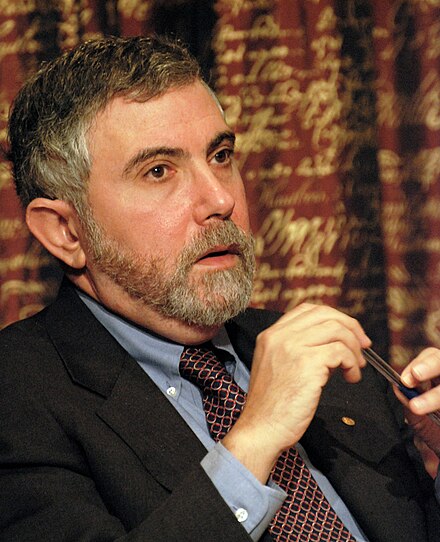
Paul Krugman is a renowned American economist, journalist, and professor who has made significant contributions to the field of economics. Born on February 28, 1953, in Albany, New York, Krugman has had a distinguished career spanning over four decades. In this article, we will delve into the life and achievements of Paul Krugman, exploring his background, education, career, and notable contributions to economics.
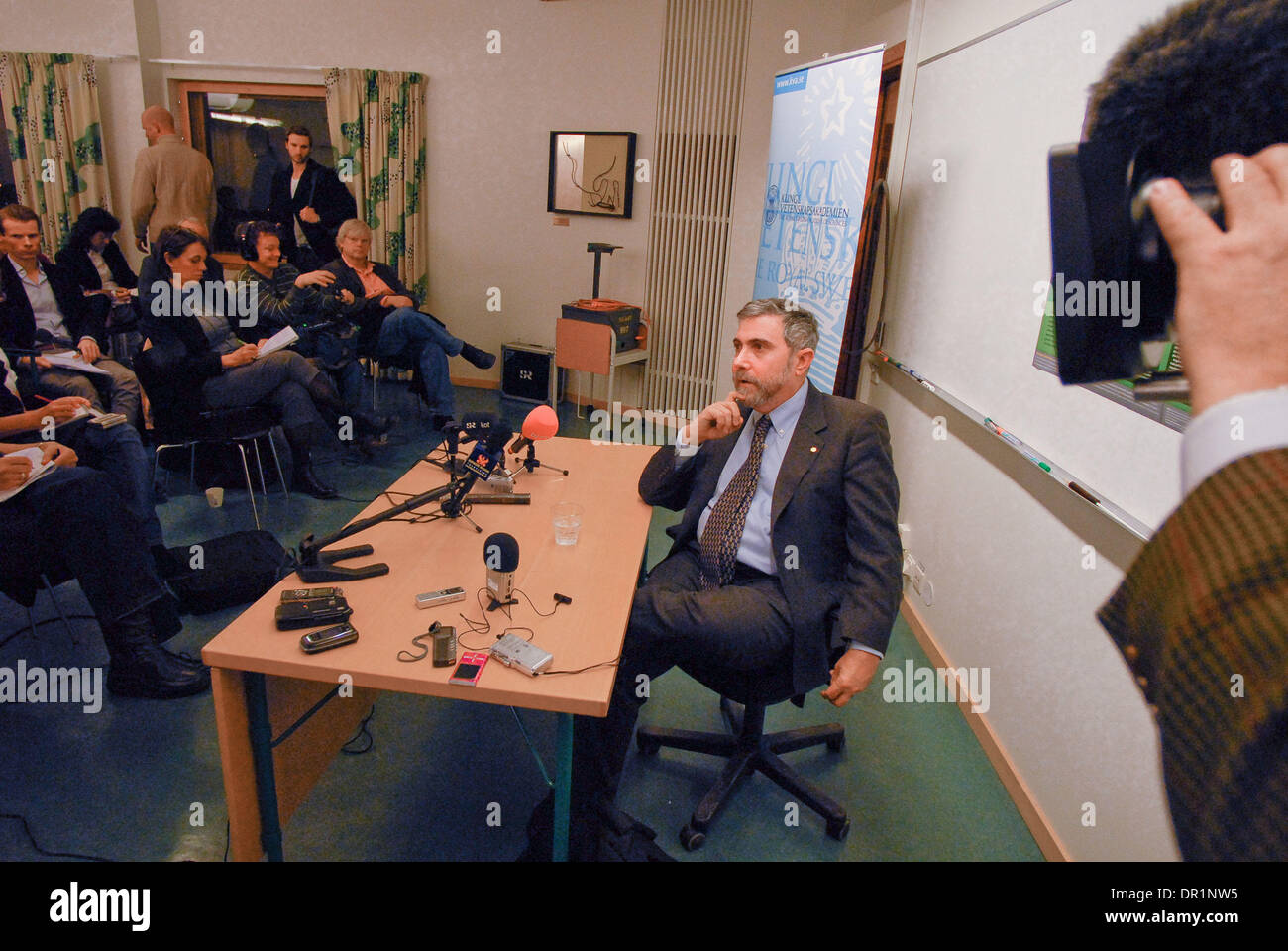

Early Life and Education
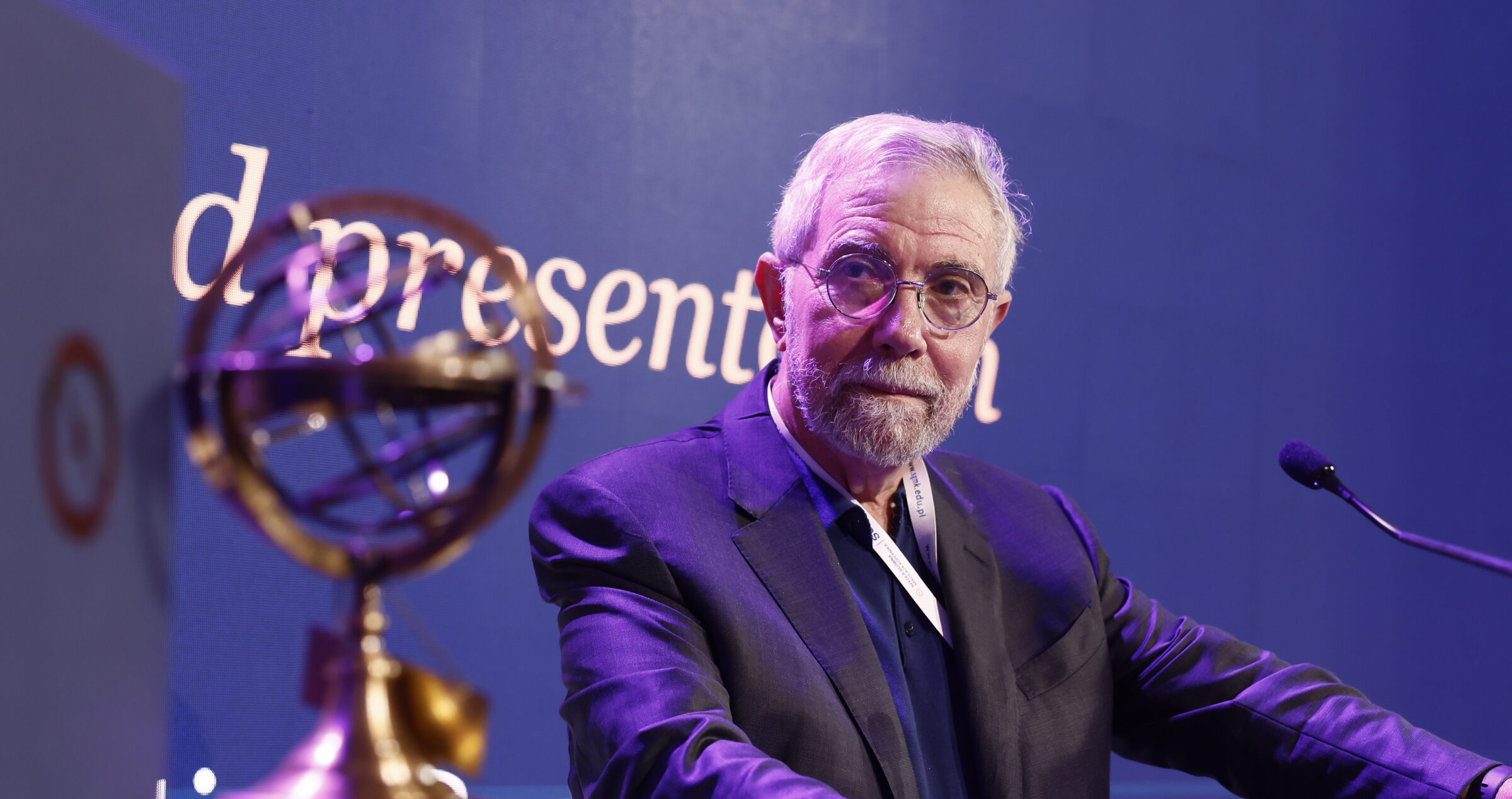
Krugman grew up in a middle-class family and developed an interest in economics at a young age. He attended Yale University, where he earned his Bachelor's degree in economics in 1974. He then went on to pursue his graduate studies at the Massachusetts Institute of Technology (MIT), earning his Ph.D. in economics in 1977. Krugman's academic background and research focus on international trade and economic geography laid the foundation for his future work.
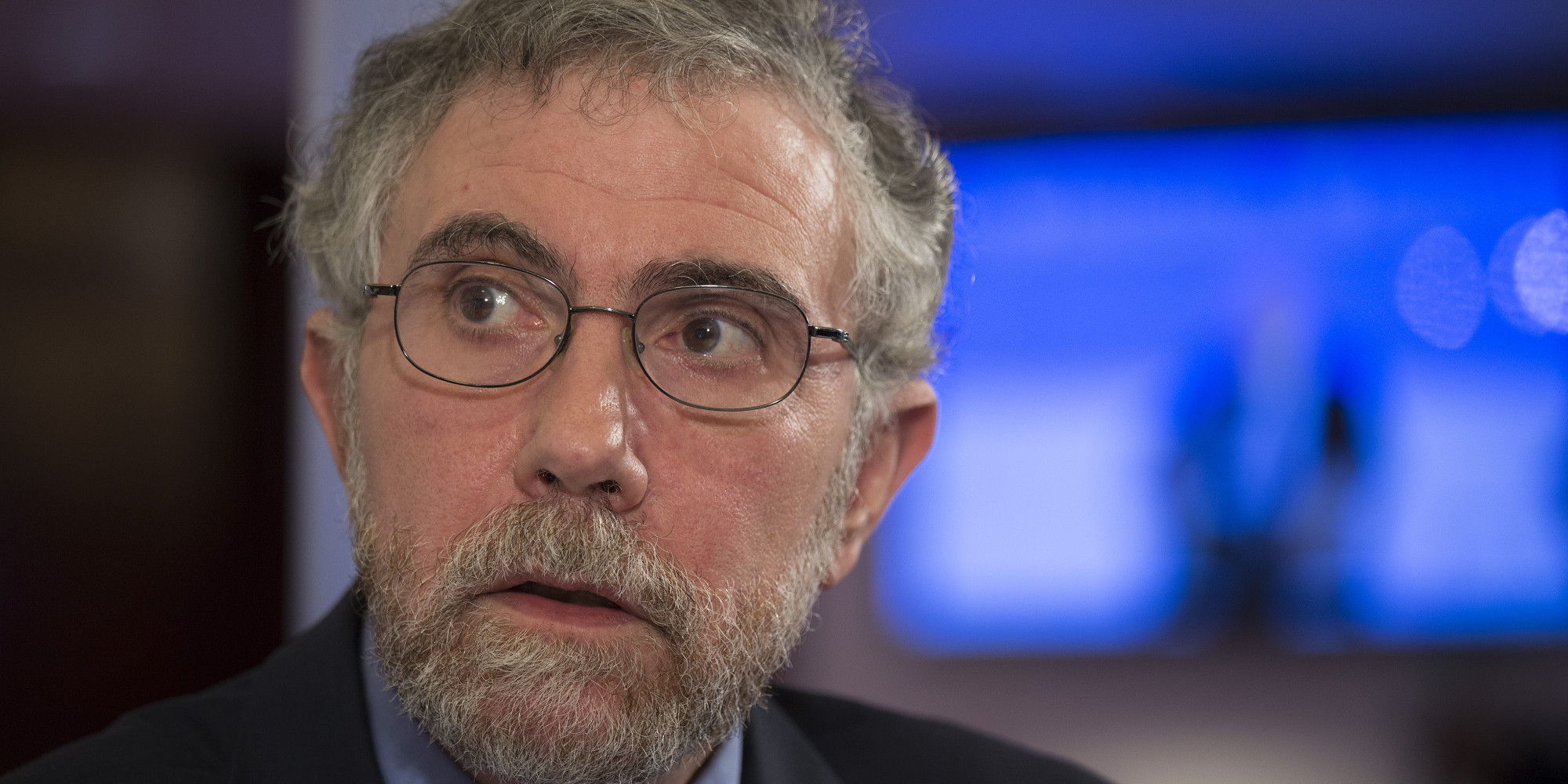
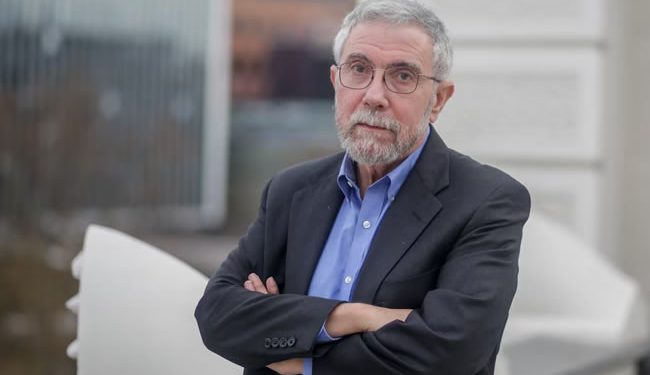
Career and Contributions

Krugman began his academic career as an assistant professor at Yale University in 1977. He later moved to MIT, where he became a full professor in 1983. In 2000, Krugman joined the faculty at Princeton University, where he is currently a professor of economics and international affairs. Throughout his career, Krugman has made significant contributions to the field of economics, including:
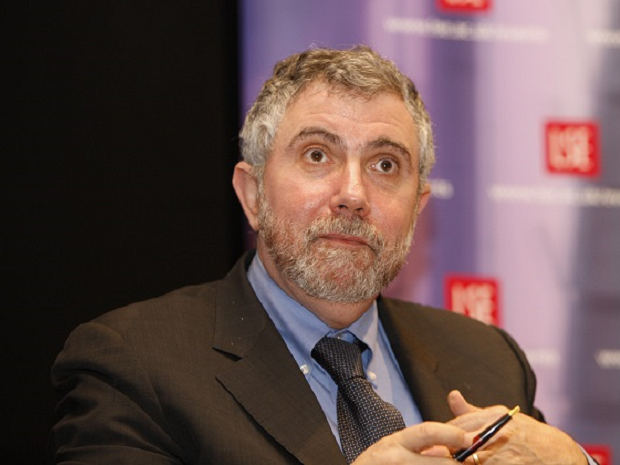
- New Trade Theory: Krugman's work on new trade theory challenged traditional views on international trade, introducing the concept of increasing returns to scale and the role of monopolistic competition.
- Geography and Trade: Krugman's research on economic geography explored the relationship between trade and the location of economic activity, highlighting the importance of spatial factors in shaping trade patterns.
- Macroeconomics and Policy: Krugman has been a vocal advocate for Keynesian economics and has written extensively on macroeconomic policy, including the role of fiscal policy in stabilizing the economy.
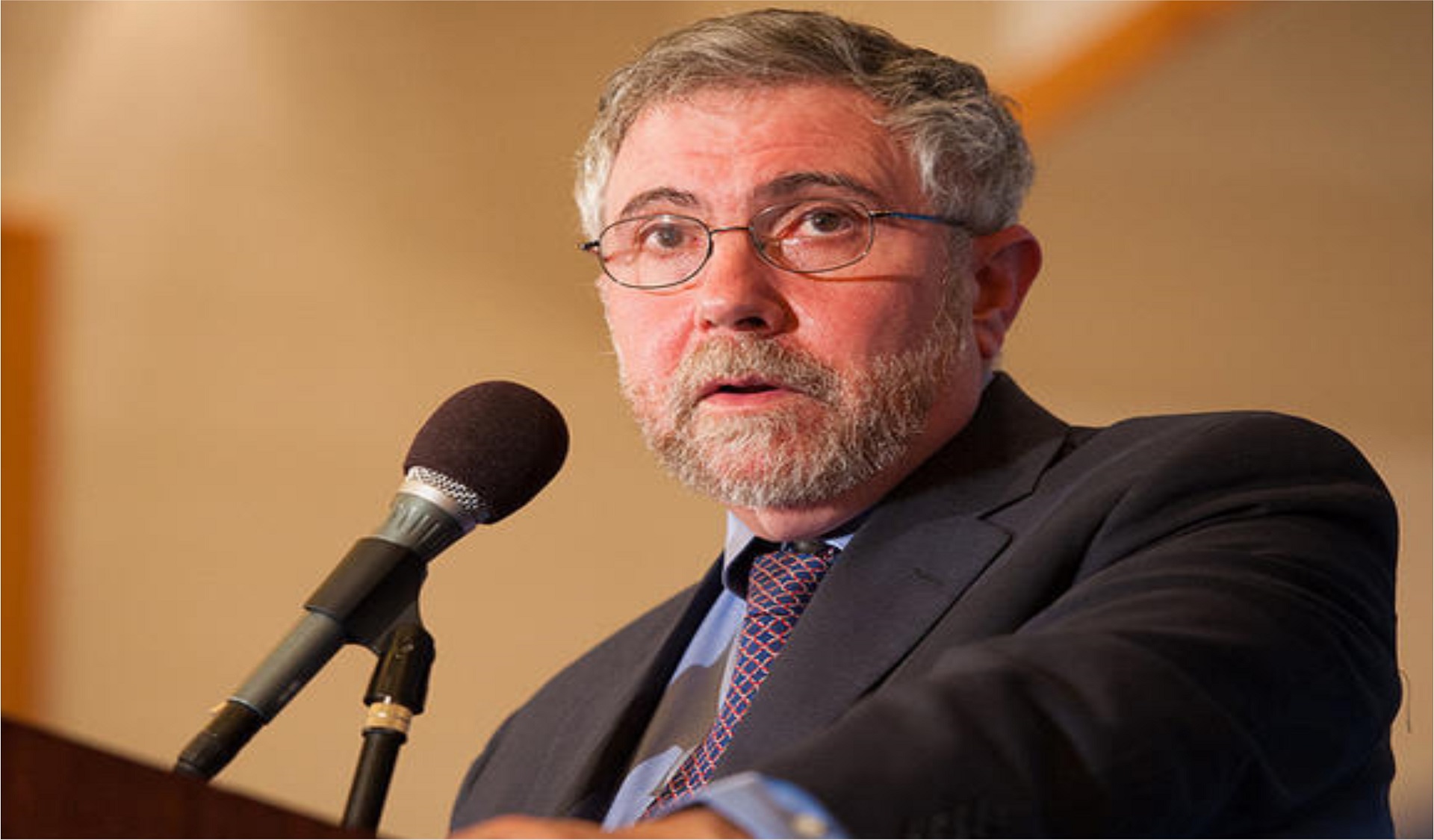
Awards and Recognition
Krugman's contributions to economics have been recognized with numerous awards and honors. In 2008, he was awarded the Nobel Memorial Prize in Economic Sciences for his work on international trade and economic geography. He has also received the John Bates Clark Medal, the PrincewaterhouseCoopers Economics Prize, and the Gerald Loeb Award for Commentary, among others.
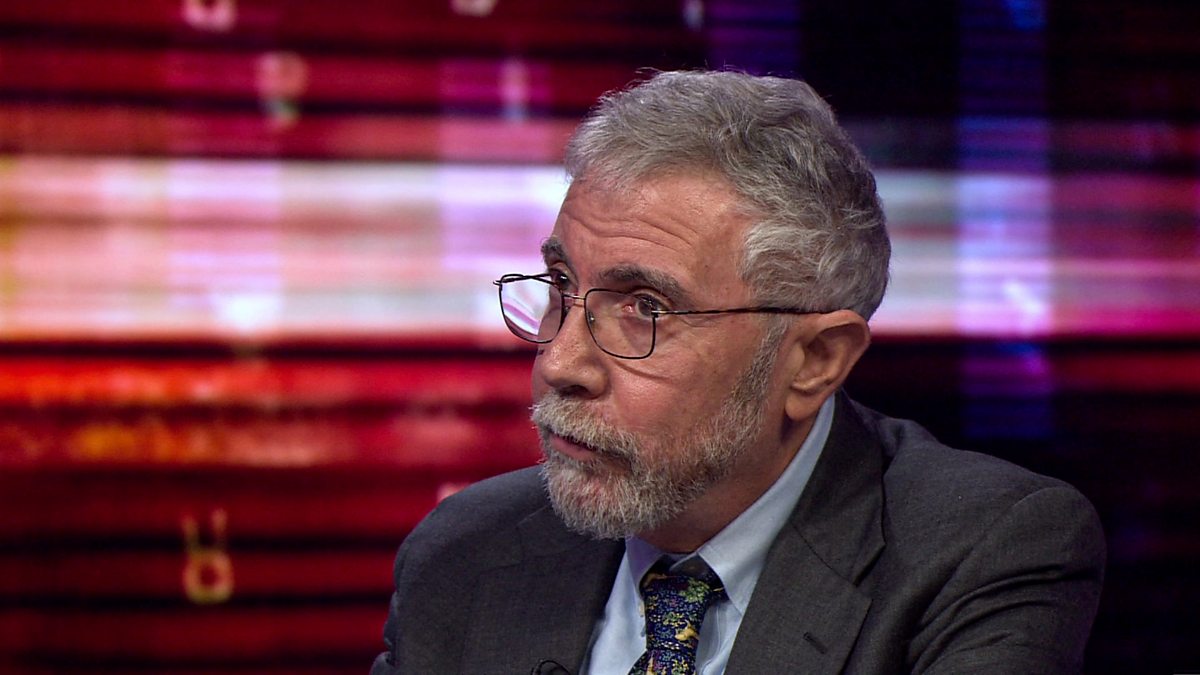
Public Engagement and Writing
In addition to his academic work, Krugman is a prolific writer and commentator. He has written for The New York Times since 1999, penning a biweekly column on economics and politics. Krugman has also written several books, including The Return of Depression Economics and End This Depression Now!, which have been widely read and debated.
In conclusion, Paul Krugman is a highly respected economist, journalist, and professor who has made significant contributions to our understanding of international trade, economic geography, and macroeconomic policy. His work has had a lasting impact on the field of economics, and his commitment to public engagement and writing has made complex economic concepts accessible to a broad audience. As a Nobel laureate and a leading voice in economics, Krugman continues to shape the debate on economic policy and inspire new generations of economists and scholars.
For more information on Paul Krugman's life and work, visit his Wikipedia page.